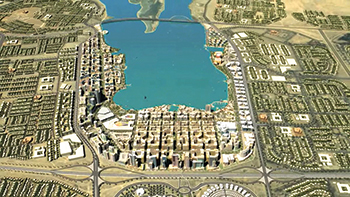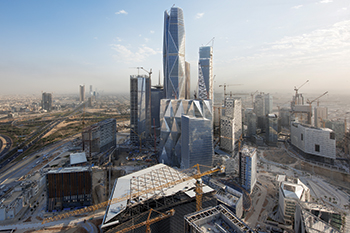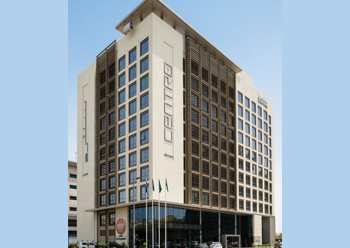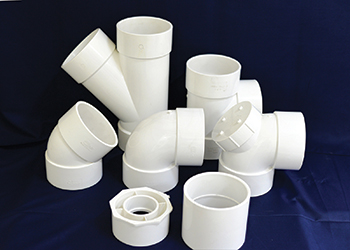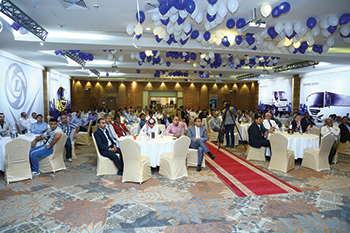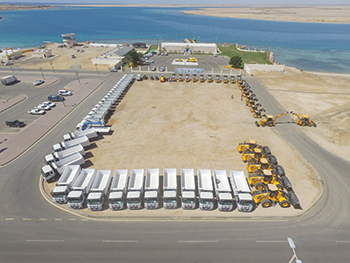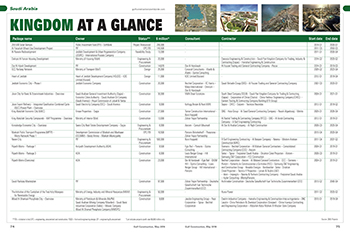
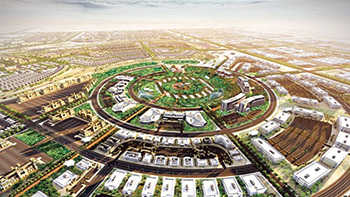 The King Salman Energy Park ... aiming to be a world-class energy industry hub.
The King Salman Energy Park ... aiming to be a world-class energy industry hub.
The architectural design for a world-class energy industry hub that will take shape in the Eastern Province of Saudi Arabia is now 20 per cent complete, with site preparation work having commenced last September.
The King Salman Energy Park (Spark) – as it is known – with Saudi Aramco as its main anchor tenant, aims to offer a platform for the development of a world-class energy industry hub for support industries directly related to the energy sector.
Spark is being developed on an area of more than 50 sq km located between the cities of Dammam and Al Hassa. It will be built in three phases and is expected to be completed by 2035.
Construction work for the infrastructure and other facilities will begin in the second quarter of this year. It is expected that land will be released to early tenants in Q3 2018 and the construction operations for the entire Phase One will end in 2021.
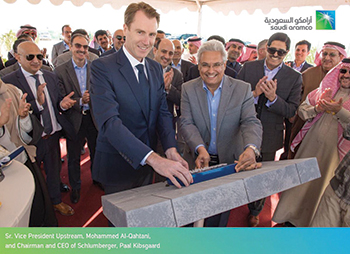 |
|
Paal Kibsgaard, chairman and CEO of Schlumberger, and Aramco’s Mohammed Al Qahtani at the ground-breaking ceremony for Spark |
The mega-project with a globally designed model environment is meant to attract investors through common interest-oriented commercial arrangements, in line with the kingdom’s Vision 2030 plan and the National Transformation Programme 2020, in addition to helping create jobs for local communities while serving as an economic catalyst.
Owing to its strategic location, big names synonymous with the energy sector, such as Schlumberger, Baker Hughes-GE, and Oilfields Supply Company Saudi, have signed memoranda of understanding with Saudi Aramco, signalling their intention to locate at the park.
According to Khalid Al Falih, Minister of Energy, Industry and Mineral Resources, chairman of Saudi Aramco board of directors, and chairman of Saudi Authority for Industrial Cities and Technology Zones, localisation of the energy industry is a top priority that requires the development of facilities such as Spark, to capitalise on Saudi Aramco’s global leadership and expertise in the oil and petrochemicals sectors while also developing other complementary sectors.
Spark’s strategic location will enable companies established in it to supply the whole region’s demand for energy goods and services related to five industrial focus areas, including upstream, downstream, petrochemicals, power, and water.
“Once wholly developed by 2035, the city will contribute SR22.5 billion ($6 billion) annually to the kingdom’s gross national product (GDP) and help localise more than 300 new industrial and service facilities in support of world-class innovation, development, and competition,” says Al Falih.
As one of its first tenants, Schlumberger will develop an industrial manufacturing centre over 500,000 sq m. Phase One of this centre is expected to be completed in Q2 of this year. This will bring Schlumberger’s land rig manufacturing to Saudi Arabia.
Spark will also cultivate and nurture small- and medium-sized enterprises while also stimulating innovation and entrepreneurship in the energy sector, significantly contributing to a diversifying economic landscape.
 |
|
Spark will be built in three phases and completed by 2035 |
Commenting on the project, Saudi Aramco president and CEO Amin Nasser says: “The Spark model constitutes both a strategic goal and cornerstone for the In-Kingdom Total Value Add Program (IKTVA), launched three years ago by Saudi Aramco with a mission to double domestic content by 2021.”
Spark will be clustered by function and will be engineered for geographic and value chain efficiency in a purpose-built fully integrated environment. It will offer a comprehensive and world-class infrastructure, logistics and a dry port, shared services, a commercial and residential area, and highly specialised training centres.
The park will bring about a desirable “work, live and play environment” for energy support companies, their employees, and their families, attracting the best in local and global talent. Residential spaces will be developed alongside commercial activities as Spark matures.
Fahad Al Helal, vice-president of project management, says Spark will emerge as a “key enabler” for the kingdom.
“Presently, the kingdom’s requirement for energy-related industries is growing and requires dedicated industrial development focused on the energy sector,” says Al Helal.
“Spark will provide for the development of a world-class energy industry hub for support industries directly related to the energy sector. The demand growth projected for the next 10 years for industrial land required for small- and medium-sized industrial enterprises is expected to exceed supply.
“Spark will be developed as a key enabler to create a vibrant Saudi energy sector to accelerate localisation and create tens of thousands of direct and indirect jobs,” he adds.
A key element of the Spark value proposition is a comprehensive set of services that will be delivered to customers – starting from initial inquiry through to operations at the site. This one-stop shop platform will initially be established as an online portal to service customers worldwide, and be expanded as the project develops.


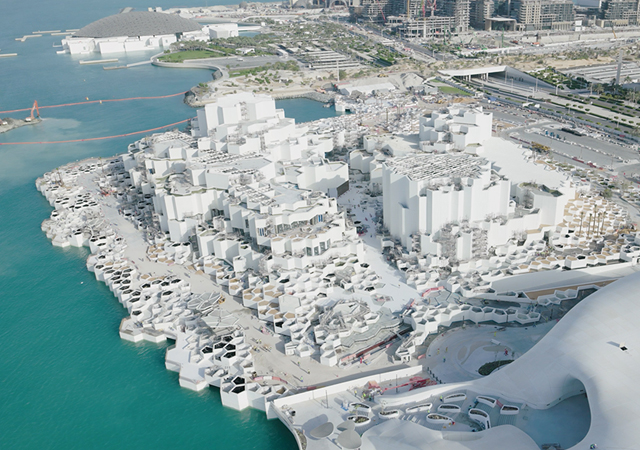
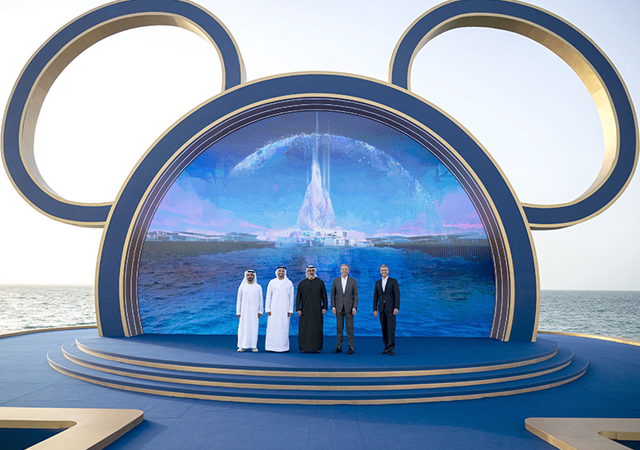
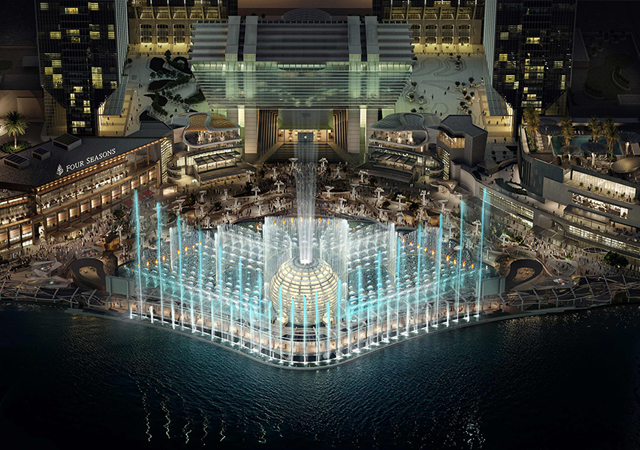
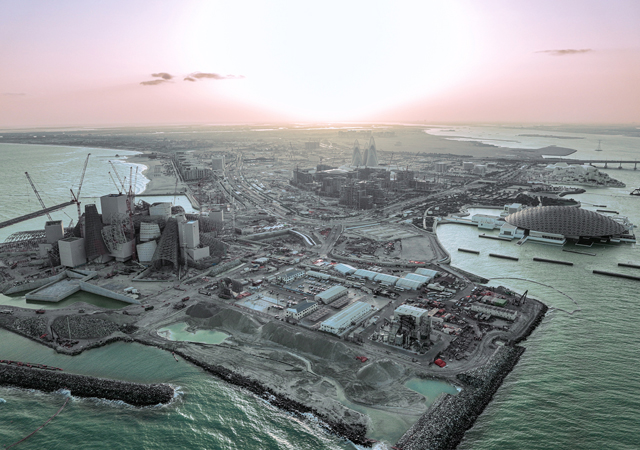
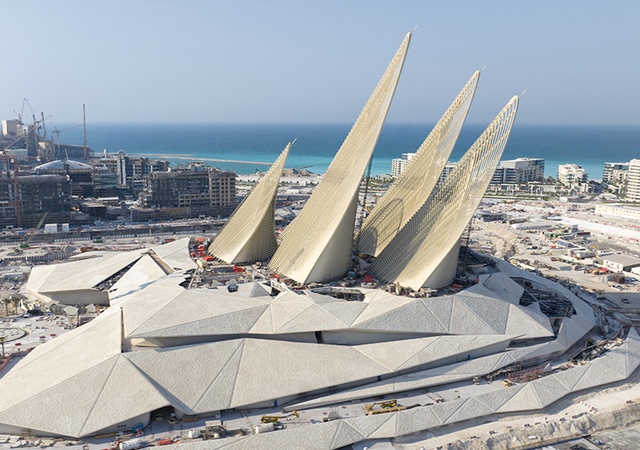
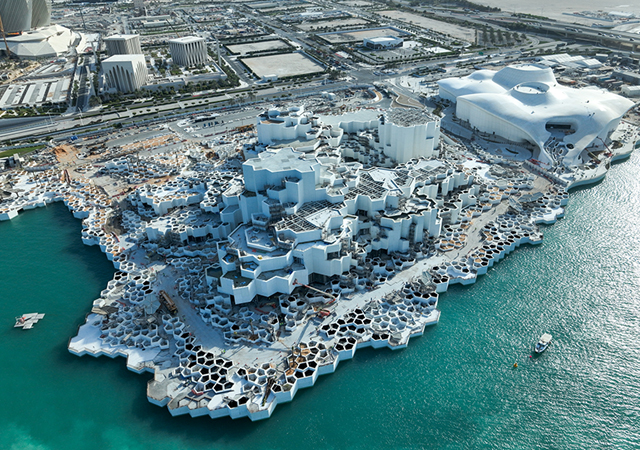
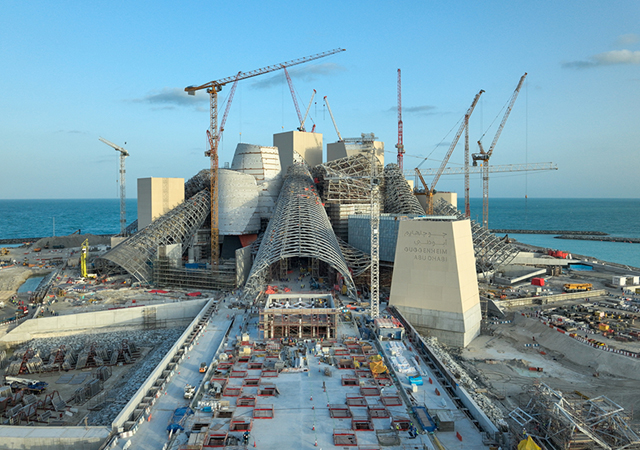
.jpg)
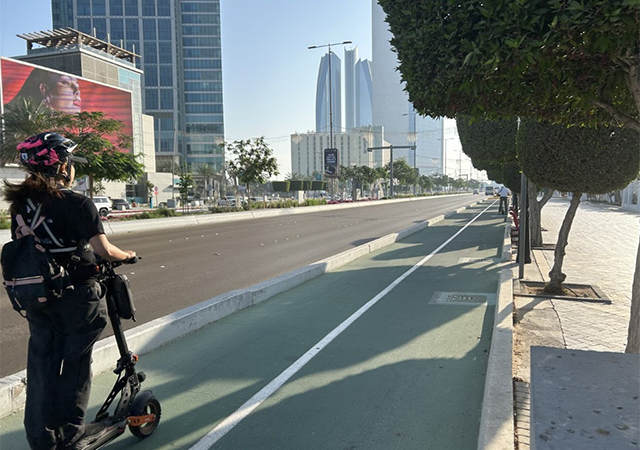
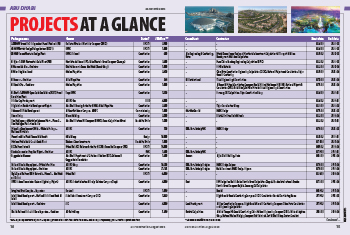


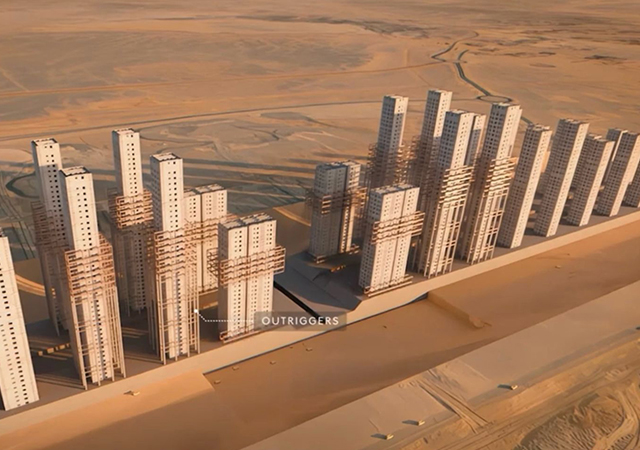
.jpg)
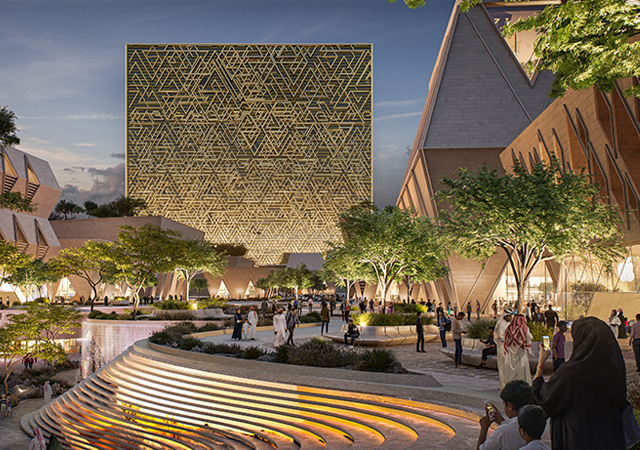
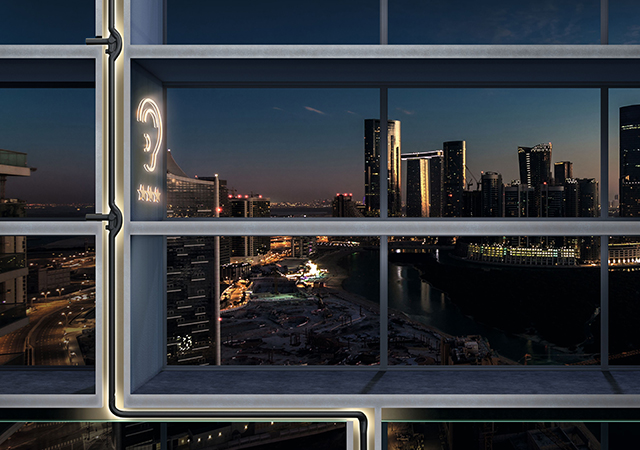
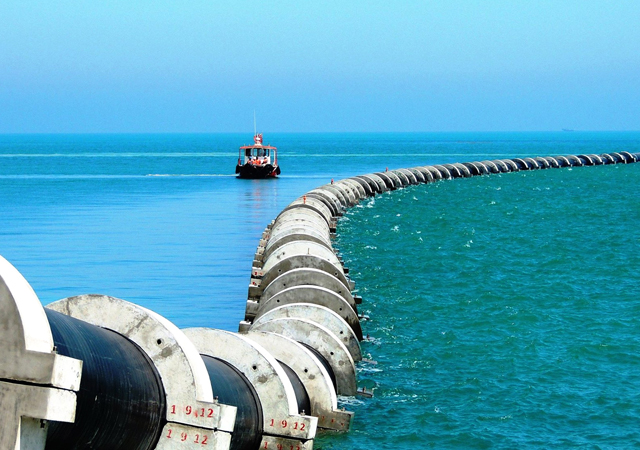
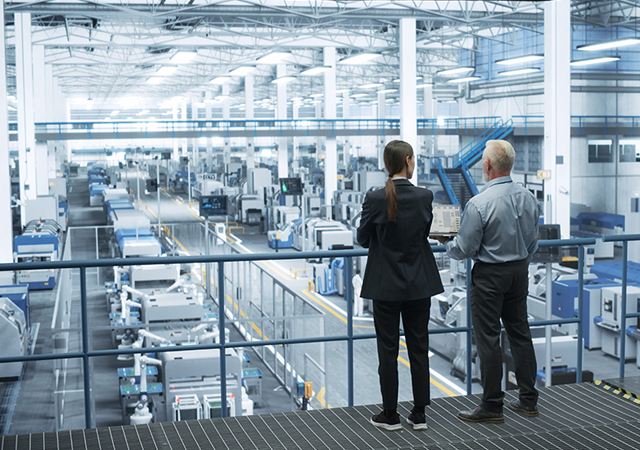


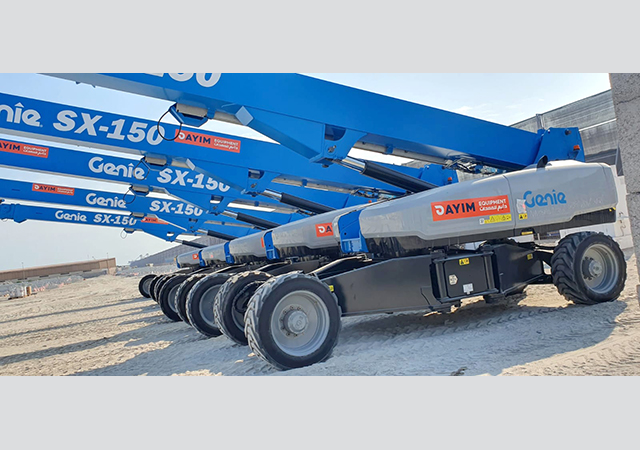
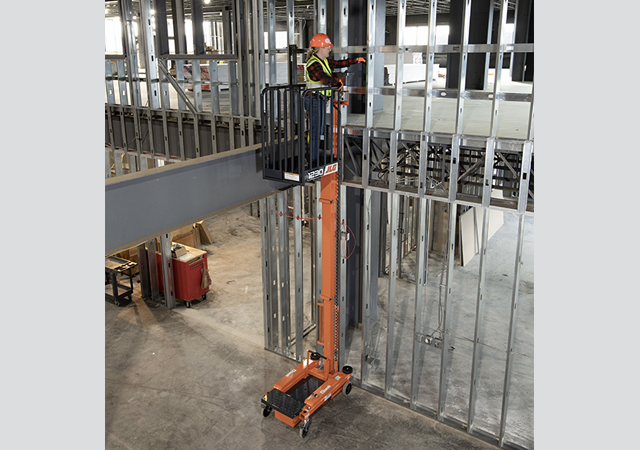
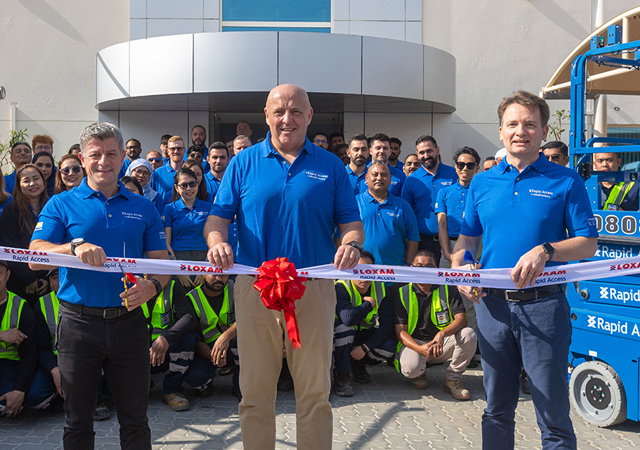
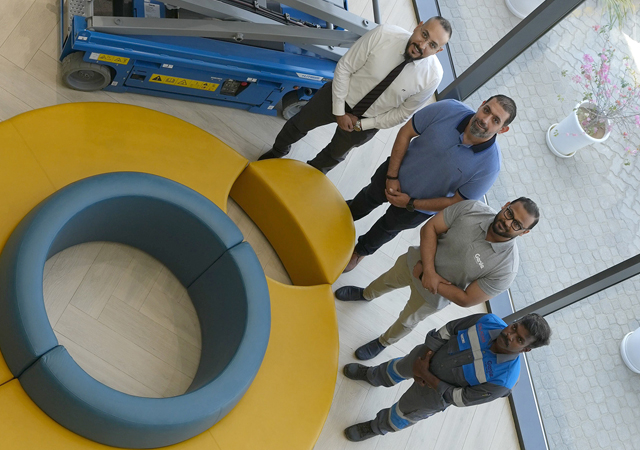
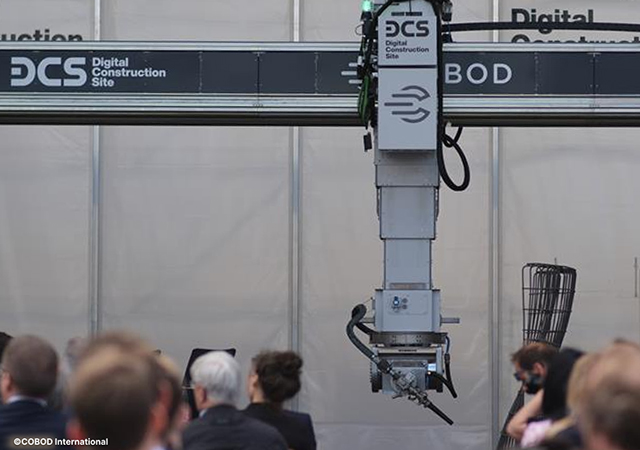
Doka (2).jpg)
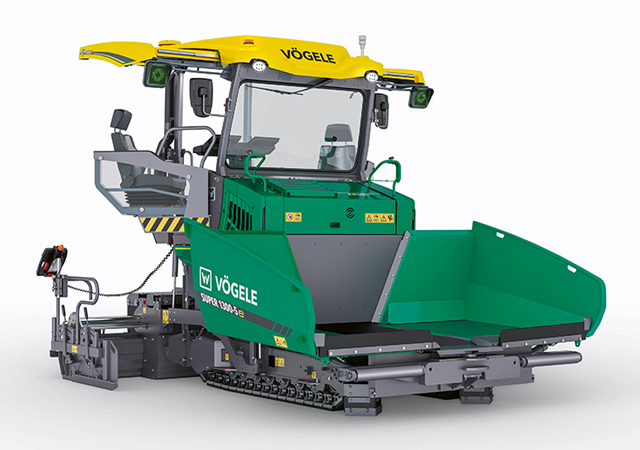
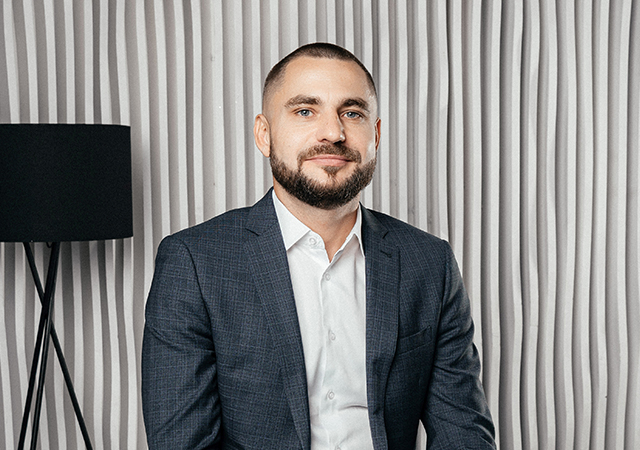

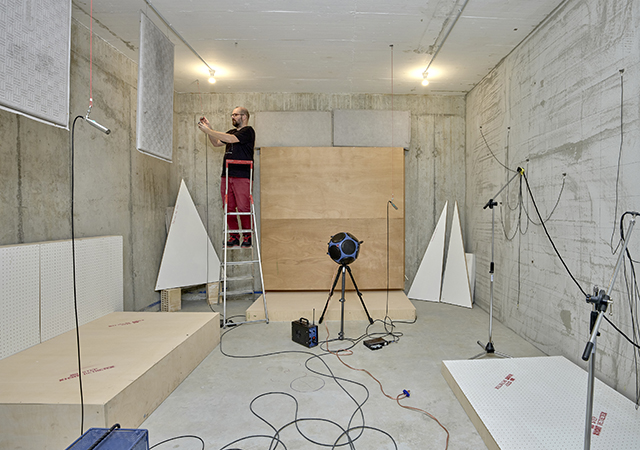
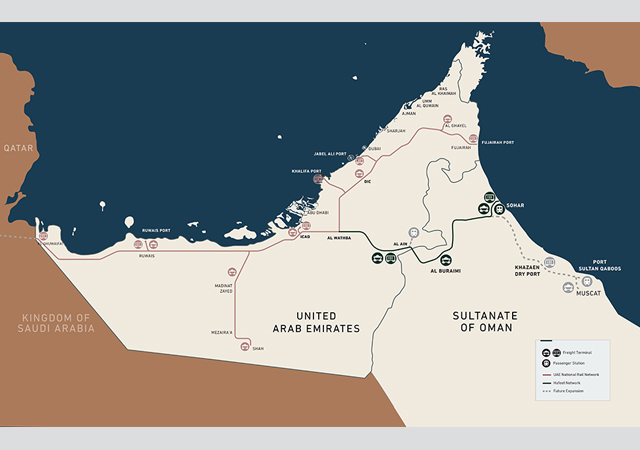

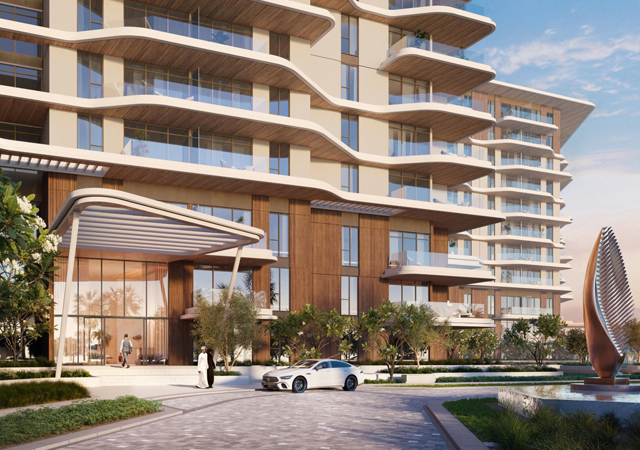

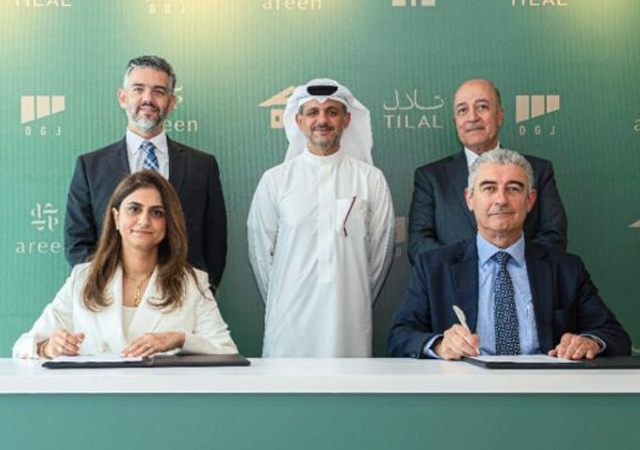
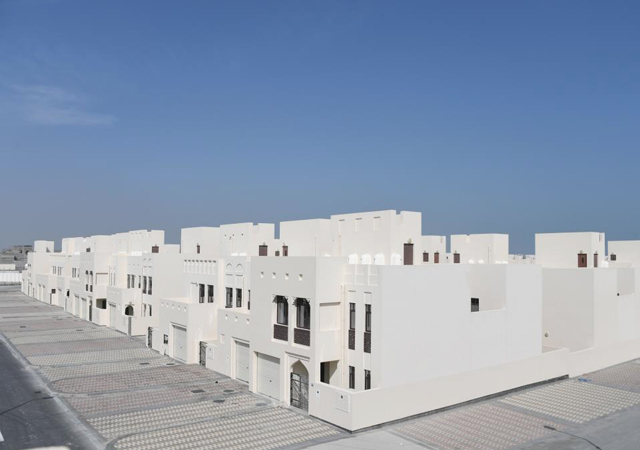
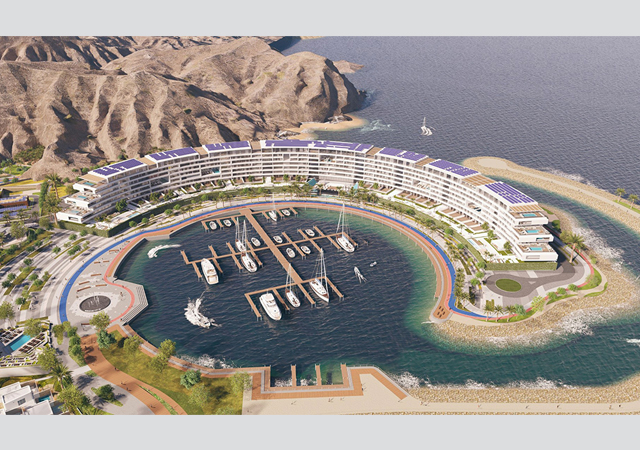
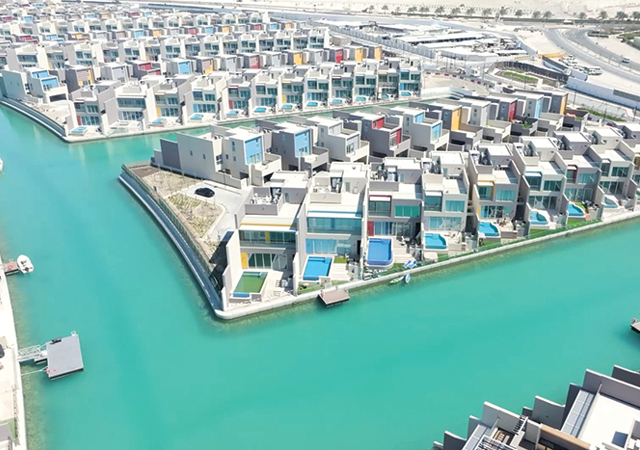
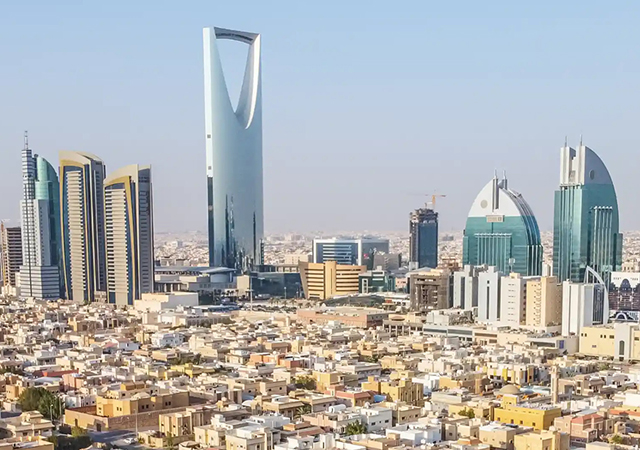
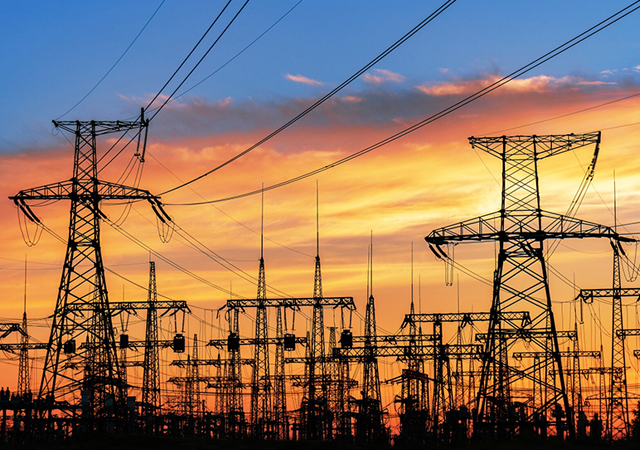
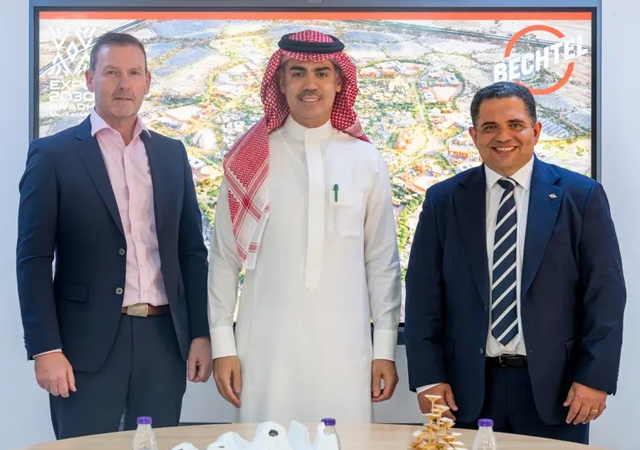
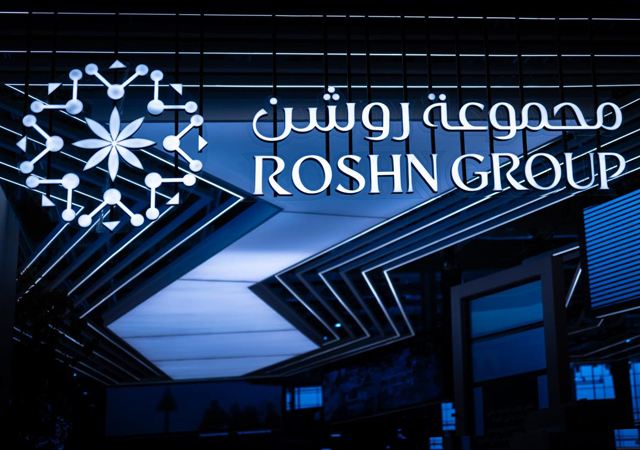
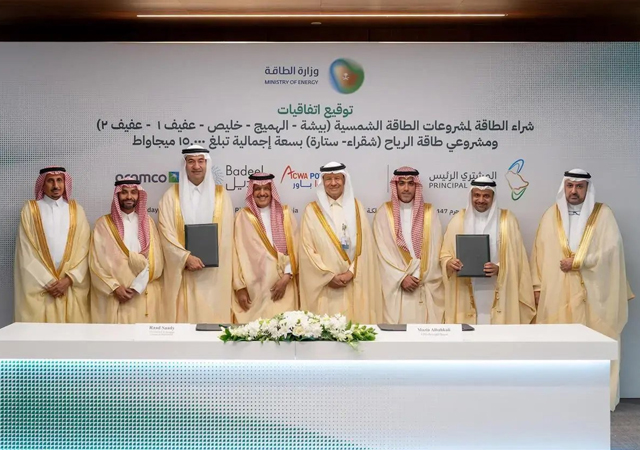
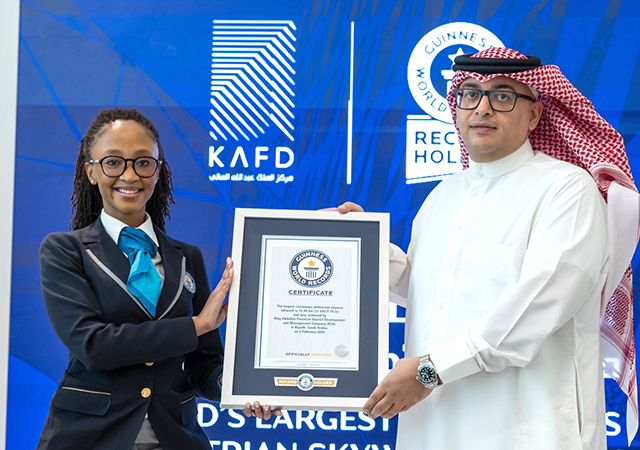
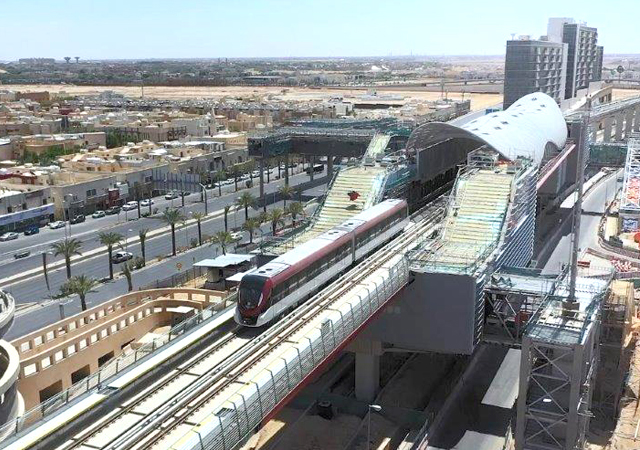
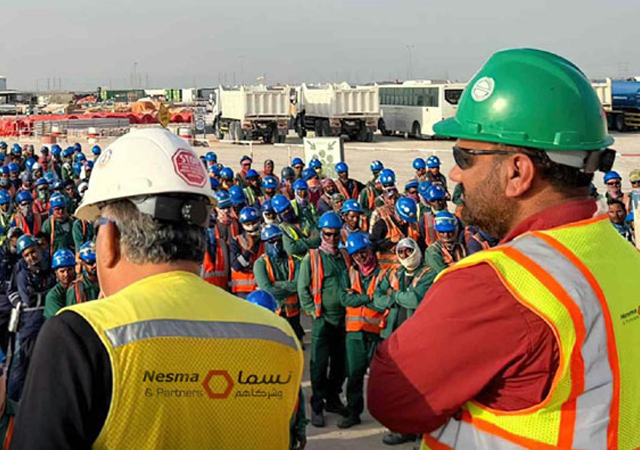
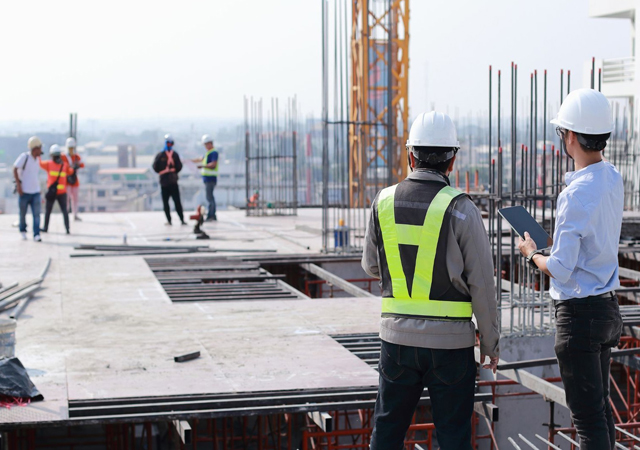
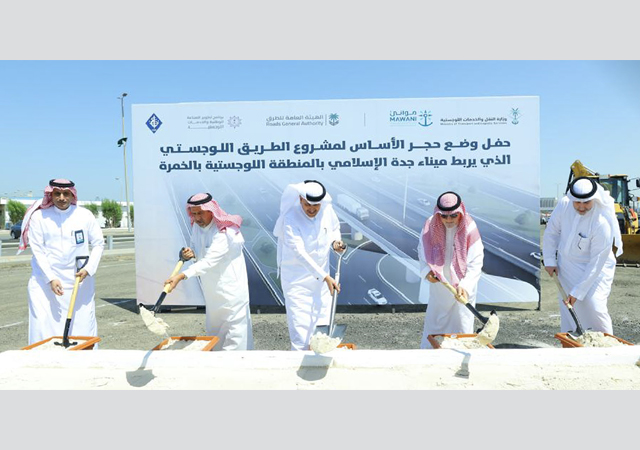
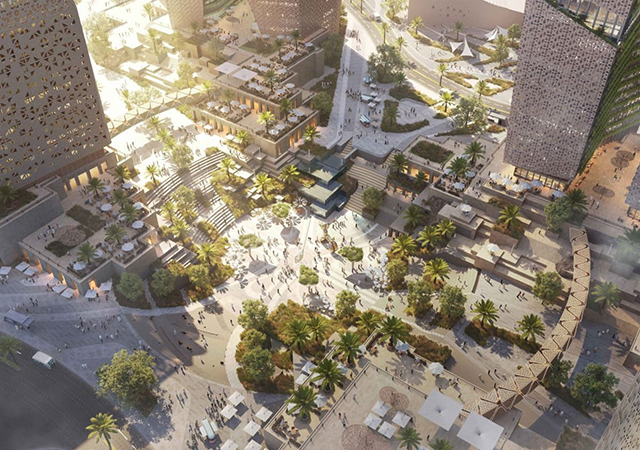
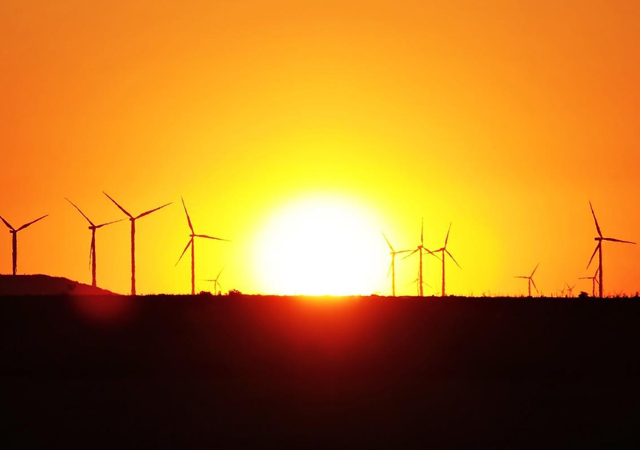
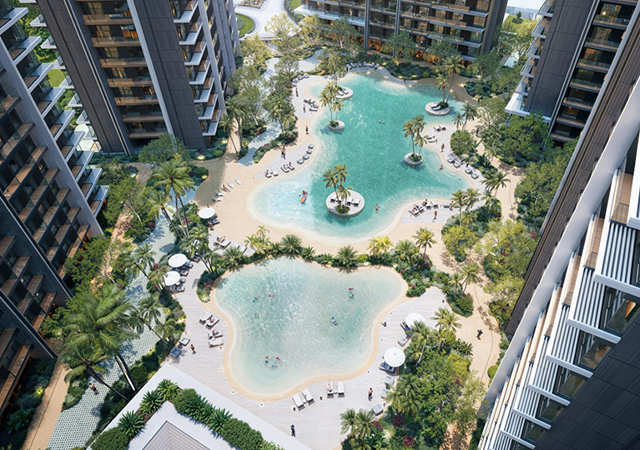
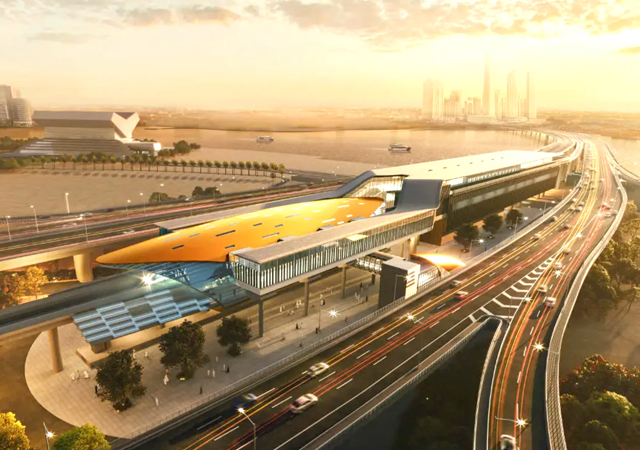
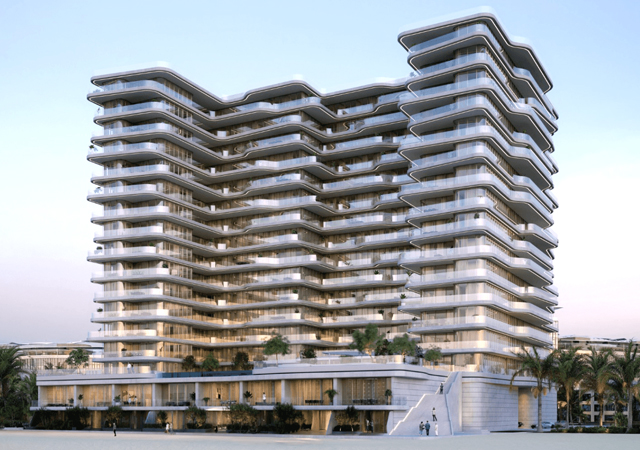
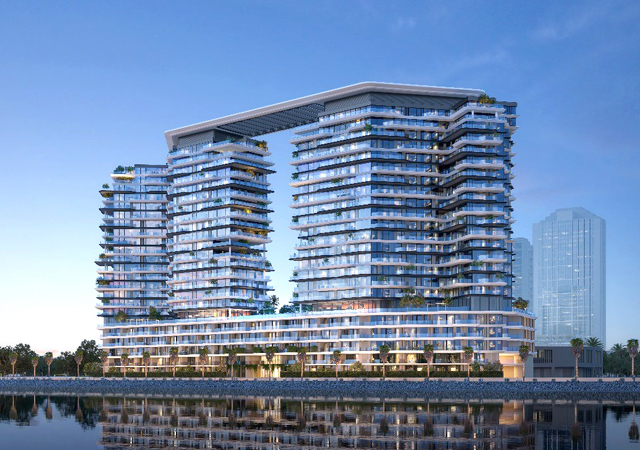
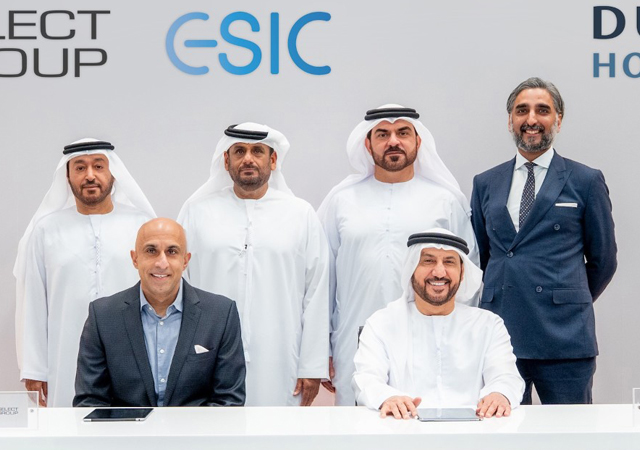
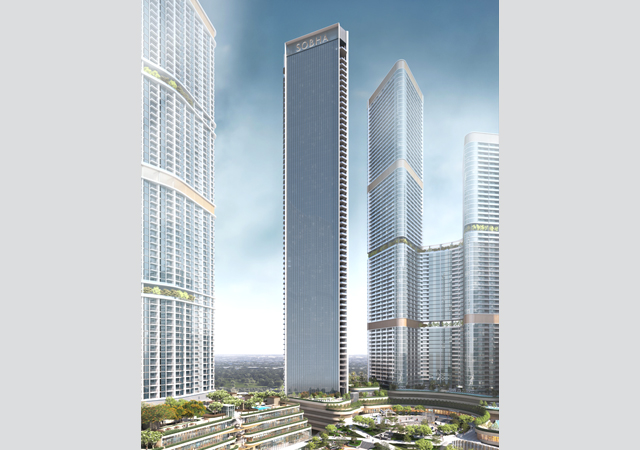
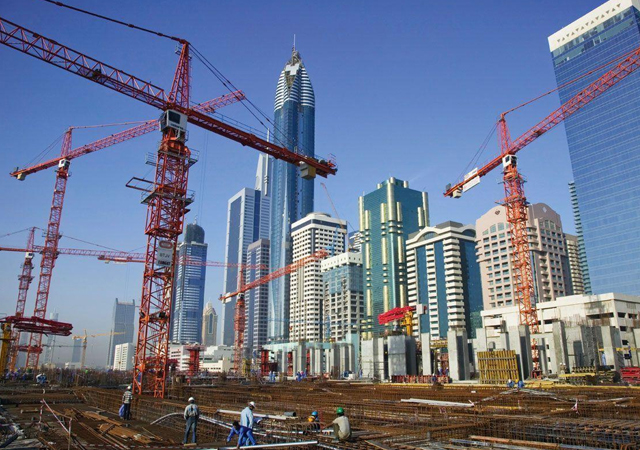
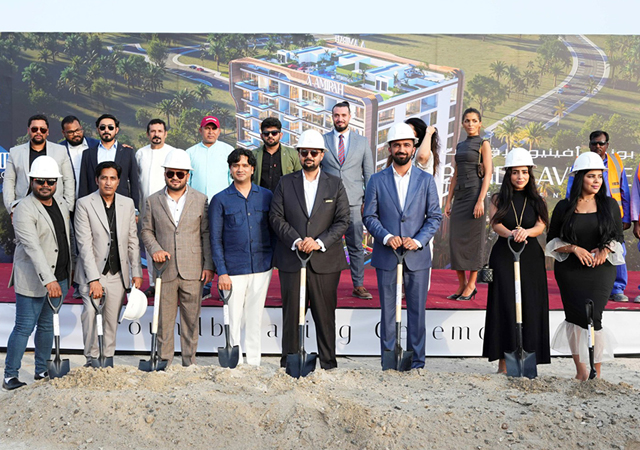
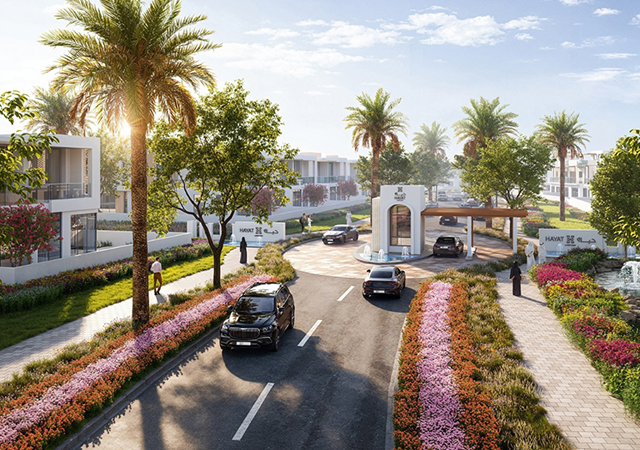
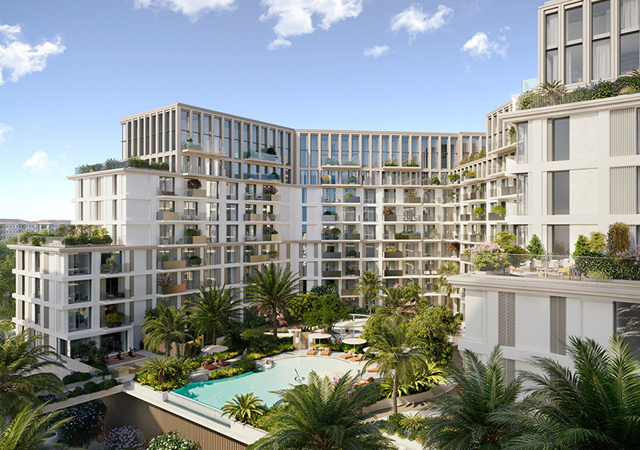
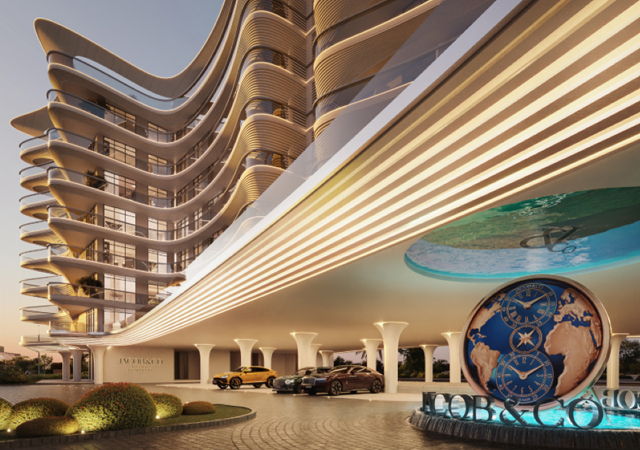
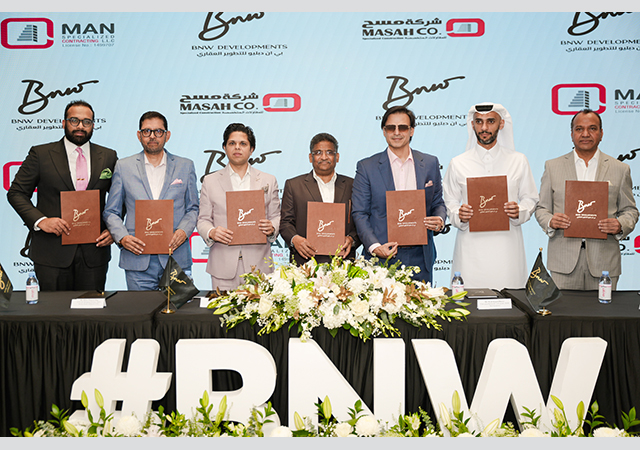
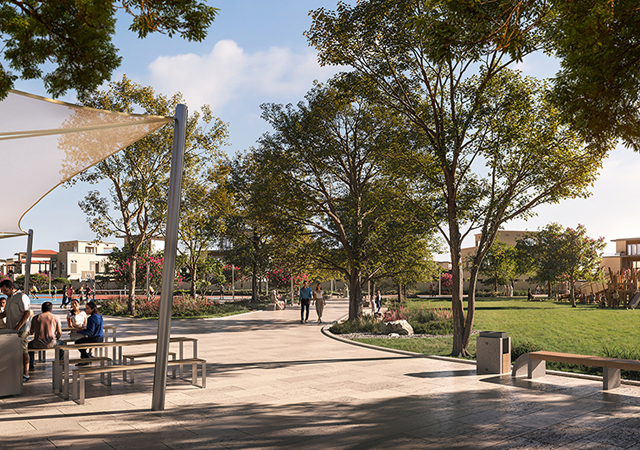
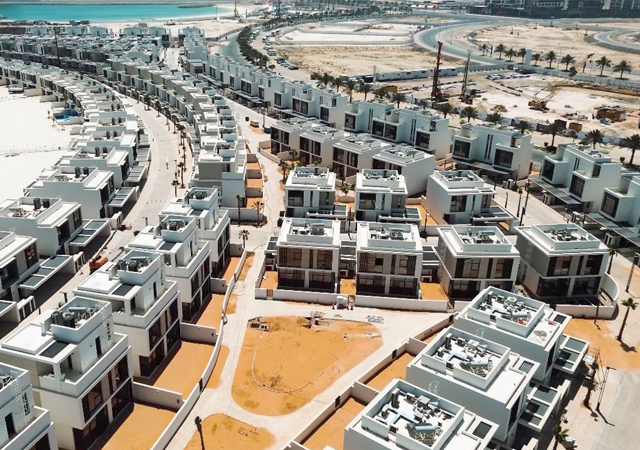
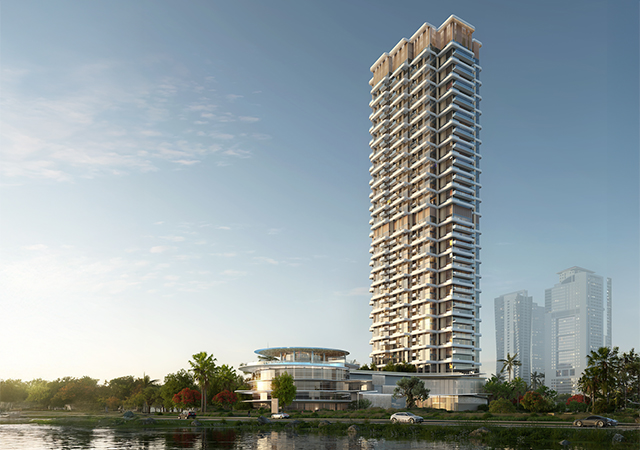
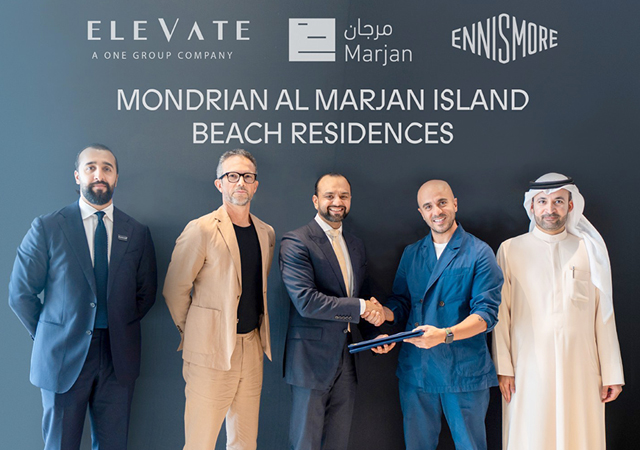
.jpg)
.jpg)
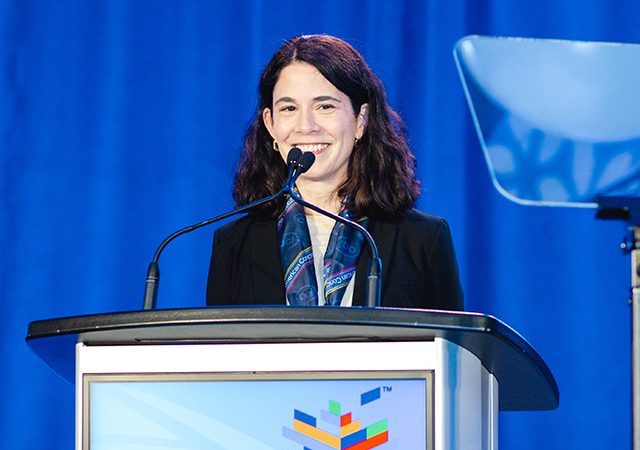
.jpg)
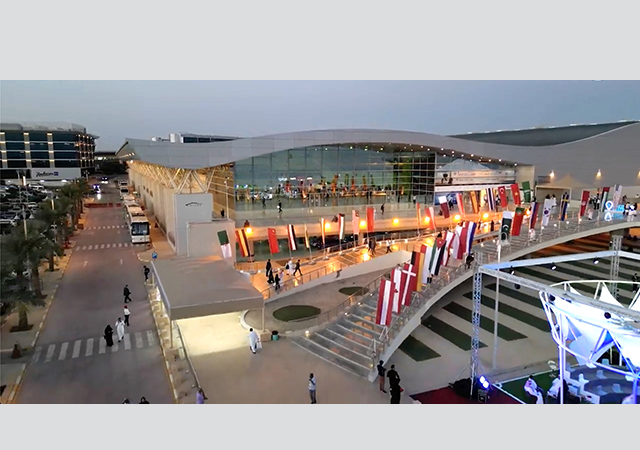

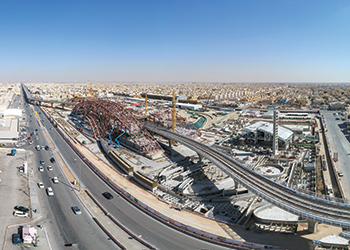
.jpg)
